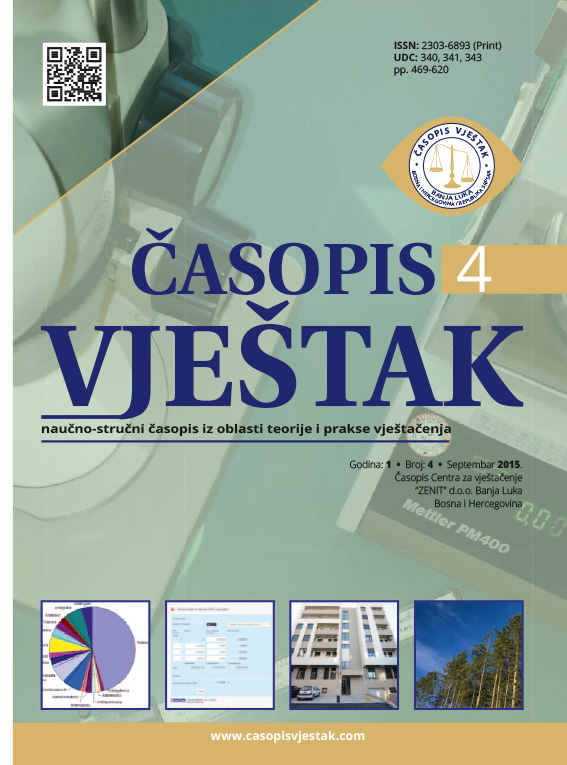How to Successfully Reorganize the Debtor in Bankruptcy
Abstract
the Law on Bankruptcy Proceedings establishes the bankruptcy procedure of the debtor in bankruptcy, its reorganization after the acceptance of proposal for initiation of bankruptcy proceedings, and is one of the most important factors of the implementation of the bankruptcy proceedings.
The reorganization of the debtor in bankruptcy implies the possibility of continuation of its business operations although the bankruptcy proceeding has been initiated against it. In the process of reorganization the bankruptcy plan is submitted, which is the main document of the procedure on the content of which it depends whether the debtor will continue to operate or the bankruptcy proceedings will be continued against it. We can emphasize the fact that the institutes of reorganization of the debtor and the bankruptcy plan are new in our law. In order to successfully implement the reorganization of the debtor, the following conditions are required to be met:
the bankruptcy trustee understands and knows well the matter of the bankruptcy proceedings,
the bankruptcy plan include all the measures taken against the debtor in bankruptcy in order to continue with business and in order to gain profits,
the bankruptcy proceedings have been initiated on time, and the debtor has a marketing-oriented to the market and the globalization of business,
That the new administration and management is professional and able to cope with the market economy.
These are only some of the conditions necessary for the successful reorganization of the debtor in bankruptcy. The overall objective of this scientific work is to help judges and bankruptcy administrators handling the bankruptcy cases to easily and quickly identify the problems occurring in specific cases and, on the basis of knowledge gained from the study of this work as well as other literature, to find practical solutions, since in the field of reorganization of the debtor there is no a lot of published papers in BiH and the region, and the case law in this field is rare.
